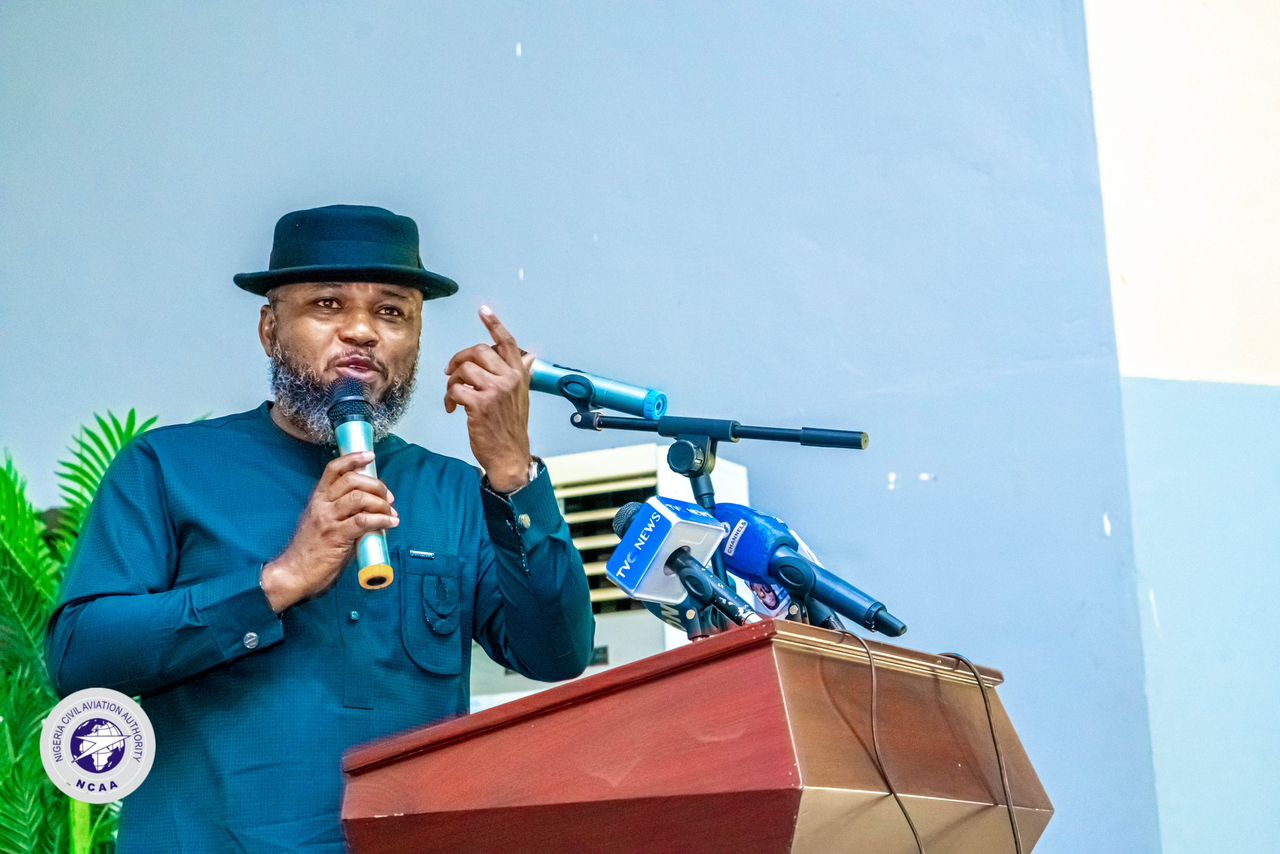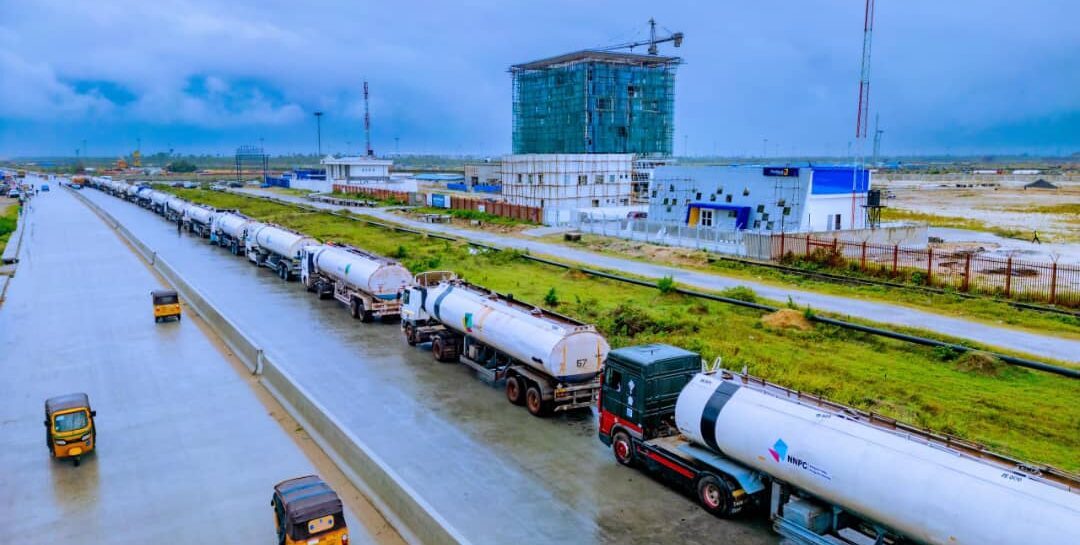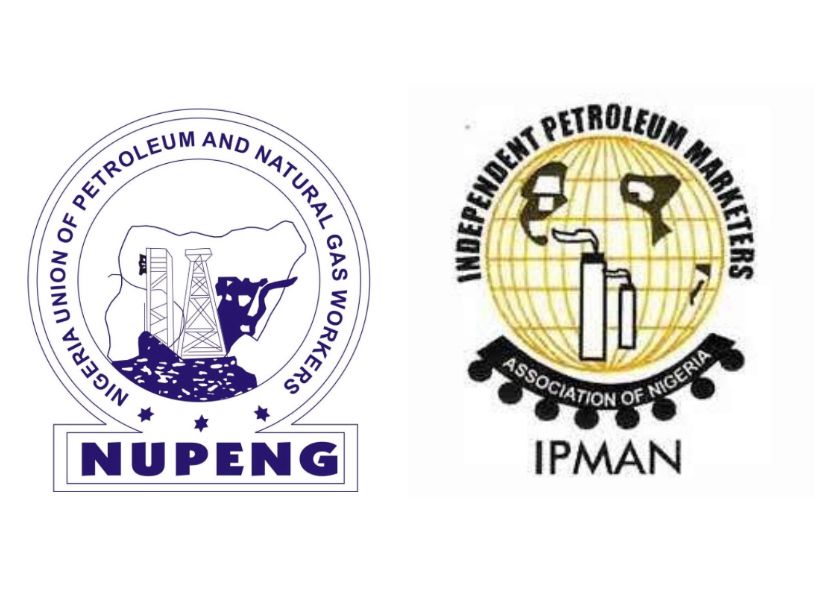Alex Ekemenah
Small and Medium Enterprises (SMEs)in Nigeria are a vital component of the Nigerian economy,both as the largest employer of labour and a significant contributor to the country’s gross domestic product (GDP).
SMEs straddle nearly all sectors of the economy, including agriculture, manufacturing, services, technology. However, SMEs face a host of challenges ranging from lack of access to adequate finance, infrastructure gap, regulatory obstacles and lack of sustainability.
The 2019 GDP rebasing shows clearly the position of the SMEs as regards their contribution to the nation’s GDP- standing at about 48 per cent. This is very significant, clearly also indicating that if the Federal and State Governments clear most of the obstacles facing the SMEs, they could contribute more to the nation’s economic growth and development.
Governments could take this as an eye-opener to the possibilities hidden within the bosom of SMEs as a veritable engine of economic growth for the country. By addressing the challenges and leveraging on the opportunities within the SMEs sector, they can drive economic growth and development faster.
As it stands, according to the rebased GDP, SMEs sector accounts for about 96 per cent of thriving businesses in Nigeria and 84 per cent of employment. And about 39,654,385 micro, small and medium enterprises (MSMEs) operate in the country even when they fail at rapid rate essentially because of the aforementioned challenges facing them.
One of the greatest challenges facing the SMEs is epileptic electricity supply. The high electricity tariff is a major cause of their rapid failure because they can ill affordto cope with the high overhead operational cost occasioned by the sky-high electricity tariff. Now that the pride of place of the SMEs in the economy has been shown by the rebased GDP, government should do everything possible to ensure that they have adequate supply of electricity and at an affordable cost.
Another problem of SMEs is lack of access to reasonably-priced finance. Government needs to make it possible for SMEs to access finance easily from banks and other financial institutions low interest rates.
The GDP rebasing shows the composition of SMEs in the various sectors of the economy. This gives insight into the importance of SMEs in the economy, and the need for government at all levels to create the enabling environment for SMEs to thrive and grow, and continue to contribute to GDP growth in Nigeria going forward.
For instance, in crop production, the informal sector which is dominated by SMEs contributes as much as 91.72 per cent to the GDP while in livestock it contributes 97.51 per cent. In forestry it contributes 98.19 per cent, while in fishing, it contributes about 94.04 per cent.
The rebased GDP also shows that the informal sector contributes 52.13 per cent to coal mining, 75.29 per cent to metal ores, 57.37 per centto real estate, 85.92 per cent to administrative support services and 89.25 pr cent to other support services.
In terms of Naira and kobo, the informal sector has been growing appreciably as evidenced by the following areas: Crop Production N61,916,574.45in 2024 from N56,895,936.24 in 2023; Livestock N24,798,473.63 in 2024 from N21,636,500.54 in 2023; Forestry N5,282,876.40 in 2024 from N4,857,350.12 in 2023; FishingN4,463,771.79 in 2024 from N3, 652,185.88 in 2023.
What government can do to promote SMEs
There are regional and continental platforms that are veritable organs for the promotion and sustainability of SMEs.ECOWAS is a starting point where products of SMEs that meet international standards can be marketed across boundaries.
There is also the African Growth and Opportunity Act between the United States of America and African countries to promote African products in the US market. Governments in Nigeriahave both the opportunity and responsibility to ensure that SMEs tap into this scheme.
The African Continental Free Trade Area (AfCFTA) is a single market for goods and services of African origin to interchange to the benefit of all. Government should promote the products and services of SMEs through AfCFTA window.
The Small and Medium Scale Enterprises Development Agency of Nigeria (SMEDAN) is a critical vehicle that plays and can continue to play a key role in supporting and promoting SMEs in the country. Government should look into the current organisational structure of SMEDAN and retool it so that it can give the desired support to the SMEs.
Though the Central Bank of Nigeria CBN) has stepped back in its development finance initiatives, it must not abandon its development activities completely. It should revamp its MSME Fund and become more actively involved in the funding of SMEs.
Collaboration among relevant government agencies, the organised private sector, banks and other financial institutions and development agencies are veritable vehicles for creating access to funding for the SMEs. This channel must be fully explored.
In the digital age, the adoption and adaptation to digital platforms for buying and selling of varied products and services from the SMEs is very crucial. Big digital companies should help by regular public awareness campaigns, training programmes for SMEs owners so that they cankey into these digital platforms.
Improvement in the nation’s infrastructure would greatly enhance the operations of the SMEs, especially those in the agriculture sector that need to move their products from the farms to the markets.Governments need to do something in this regard to ensure the survival and growth of the SMEs.
With the rebased GDP showing that the SME sector is making immense contributions to the economy, there should be renewed effort by both the government to cater to the needs of the sector by formulating policies, embarking on programmes and creating funds to enhance its capacity to contribute more to the economic growth and development of the country.
.Alex Ekemenah, an economic analyst wrote in from Lagos
The post Expected Impact of GDP Rebasing on SMEs in Nigeria appeared first on THISDAYLIVE.




